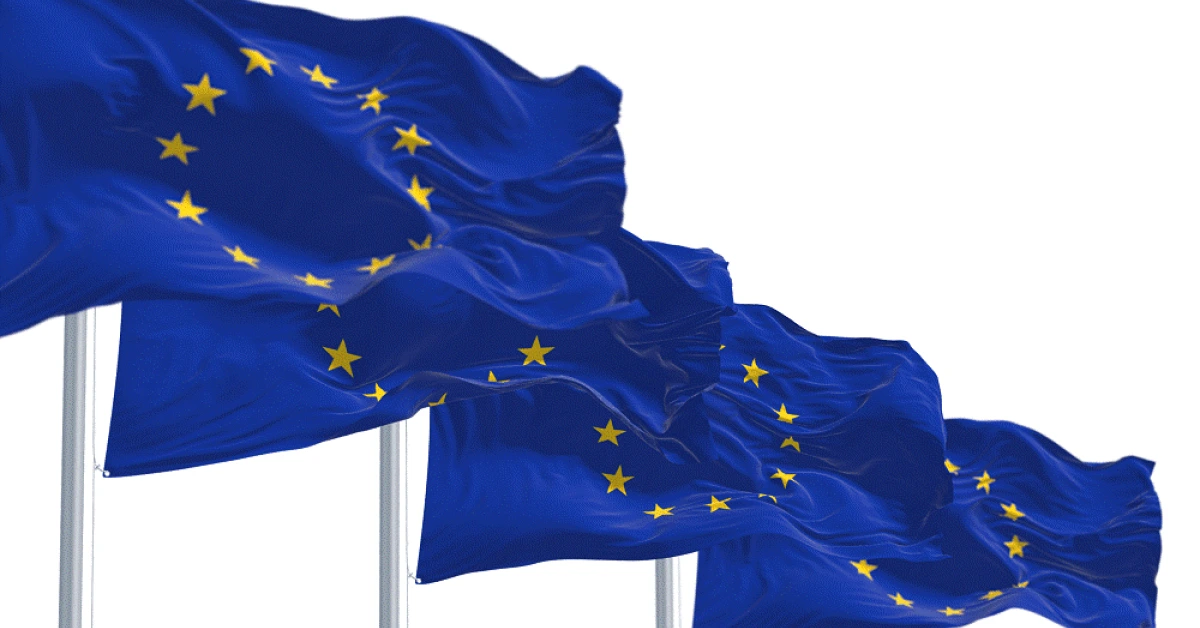
BELGIUM – As the European Union (EU) shapes its action plan for artificial intelligence (AI), a coalition of corporations, investment firms, and technology providers has come together to drive AI adoption across industries.
This initiative, known as the EU AI Champions Initiative, is designed to position Europe as a global leader in AI while addressing the continent’s competitiveness in the rapidly evolving tech landscape.
The EU AI Champions Initiative, led by venture capital firm General Catalyst, has united over 60 organizations, including pharmaceutical giant Novo Nordisk and AI specialists like Owkin and Cradle.
Their mission is to accelerate AI adoption in European businesses by simplifying regulations, improving access to funding, and investing in necessary AI infrastructure. The group also aims to educate the public on AI’s transformative benefits.
Commenting on the initiative, Jeannette zu Fürstenberg, managing director at General Catalyst, emphasized the need for collaboration: “Europe must catalyze synergy across technology, capital, and policy by establishing a targeted, competition-driven AI framework.”
Cradle CEO Stef van Grieken added that AI is already reshaping industries, particularly in pharmaceuticals and biotech, where AI-driven protein design is revolutionizing drug development.
The launch of this initiative coincided with the two-day AI Action Summit hosted by French President Emmanuel Macron at the Elysée Palace.
The event brought together world leaders, tech executives, and academics to discuss AI’s future. During the summit, Macron announced France’s commitment to invest €109 billion (US $112 billion) in AI over the next few years.
This builds on a US $500 billion AI investment program recently unveiled by US President Donald Trump. A key highlight of the summit was the unveiling of Current AI, a new funding platform aimed at raising US $2.5 billion for public interest projects that measure AI’s social and environmental impact.
Macron’s ambitious plans reflect Europe’s urgent need to catch up with global players like the US and China.
Notably, China recently made headlines with the launch of DeepSeek, a budget-friendly AI assistant designed to rival ChatGPT.
The accompanying report to the EU AI Champions Initiative highlighted how generative AI could boost Europe’s productivity.
For example, Novo Nordisk has been using AI to advance drug discovery, demonstrating the transformative potential of this technology.
Europe’s regulatory landscape is also evolving with the Artificial Intelligence Act, which was enacted in 2023 to govern AI applications.
Recent guidance has been issued to help companies comply with the law, particularly on provisions banning specific uses like facial recognition databases.
Despite concerns from tech companies about potential innovation constraints, the EU is committed to building a reputation as a global leader in trustworthy AI.
In parallel, the UK government has launched a £150 million (US $185.5 million) procurement drive for AI solutions applicable to the National Health Service (NHS), focusing on areas like medical imaging, predictive analytics, and research and development.
XRP HEALTHCARE L.L.C | License Number: 2312867.01 | Dubai | © Copyright 2025 | All Rights Reserved